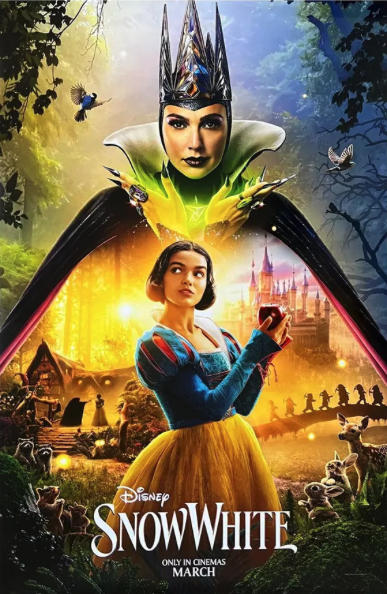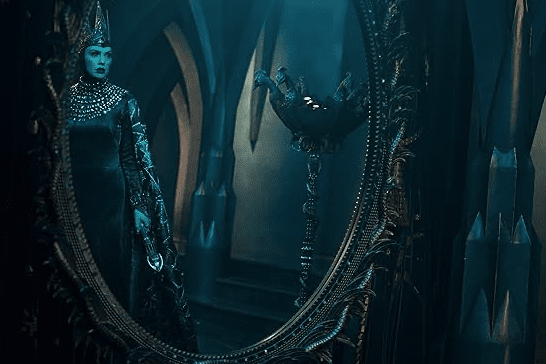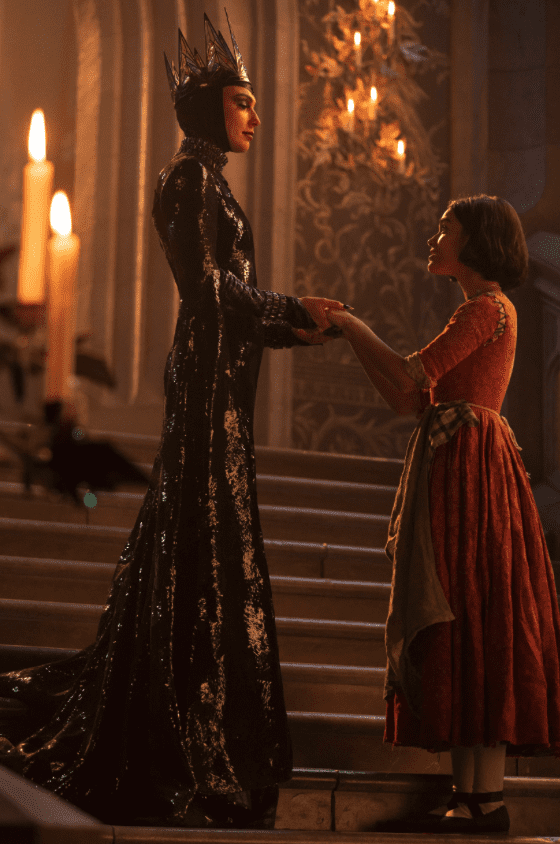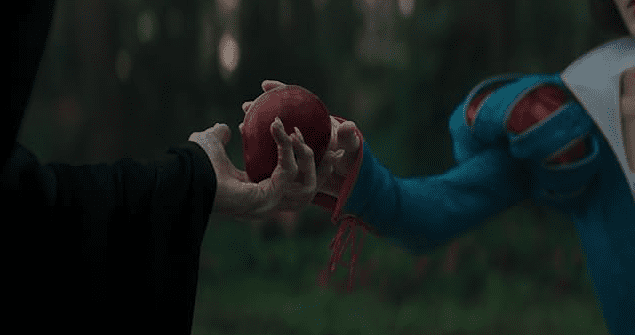
Table of Contents
ToggleDisney’s Snow White Flops: How Disney Got It Wrong
By Nathalie T
Posted on April 17, 2025
Perhaps the biggest point of contention was the drastic changes to the original narrative. Disney made a clear choice to modernize the fairy tale, updating its themes and altering key plot points. For example, The Evil Queen remained intact, but Snow White herself was recast both literally and thematically. Gone was the soft-spoken, love-driven princess archetype. Instead, the new Snow White, played by Rachel Zegler, was reimagined as a leader-in-training. She doesn’t need or want a prince. She has no interest in romance at all.
In theory, having a more independent and empowered female protagonist is a welcome change. In practice, it felt like the film was attempting to correct the original to the point of erasure. Longtime Disney fans felt the film lacked the heart and timeless charm of the original. Meanwhile, younger audiences – the ones the film seemed to be trying to appeal to – found little that was fresh in the new version.
The attempt to make Snow White more feminist came off to some as shallow or even patronizing. In removing romance and traditional motifs without providing a compelling alternative arc, the story felt hollow and unmoored from any real emotional stakes. Additionally, as an apology for the 1937 original version, The Seven Dwarves were scrapped and replaced with CGI’d versions but taking away work from seven actors with dwarfism didn’t land well publicly.


If the film’s narrative left audiences cold, the promotional campaign poured gasoline on the fire. In interviews leading up to the film’s release, Rachel Zegler made several comments that were widely circulated and criticized online. She described the original Snow White as “weird” and “creepy,” particularly calling out the idea of a prince kissing a sleeping woman. She emphasized how the new Snow White would be a “strong leader” who “won’t be saved by a man.”
Her message may have been noble, but it was delivered in a way that came off as dismissive. Zegler’s tone struck many as condescending. A broader online backlash emerged, and the bad press cycle became the story, not the movie itself. Additionally, in promoting the film via social media, Zegler included a “free Palestine” political message, dividing the internet and forcing Disney to increase security for Zegler’s Israeli co-star, Gal Gadot.
The movie premier and much of the press tour was cancelled after that. Despite Disney’s powerful global distribution machine, the film struggled to generate ticket sales in North America and performed poorly overseas as well. Unlike Barbie (2023), which managed to walk the line between satire and sincerity while drawing in huge crowds, Snow White didn’t connect — either emotionally or culturally.
The negative publicity certainly didn’t help, but the underperformance was also tied to the larger trend of live-action remakes facing diminishing returns. Audiences are growing weary of seeing beloved animated classics turned into CGI-heavy blockbusters. Unless a remake offers something truly fresh or visually stunning, many moviegoers are simply opting out.
Disney’s Snow White remake offers a case study in how not to reboot a beloved classic. The studio misjudged both the cultural moment and the emotional attachment many fans have to the original. By stripping away much of what made Snow White iconic and replacing it with generic empowerment tropes, the film lost its identity. That’s not to say fairy tales can’t or shouldn’t be updated. The success of films like Frozen, Encanto, and even live-action Cinderella (2015) shows there’s room for modernized stories with strong female leads. But the best versions of these stories don’t discard the past – they build on it. Disney also failed to recognize the power and peril of a press tour. In today’s hyper-connected world, a single quote can become a meme or a controversy overnight.

Studios need to equip their stars not just with media training, but with an understanding of how fan communities interact with legacy properties. Zegler may have spoken earnestly, but the delivery came across as disdainful — and that’s a PR misstep Disney should have foreseen. Finally, the Snow White debacle is a cautionary tale for studios that rely too heavily on nostalgia while simultaneously disrespecting the source. Reboots must walk a fine line between honoring the past and speaking to the present. When done right, they can be wildly successful. When done wrong, they become cultural flashpoints — and box office bombs. In the end, the failure of Disney’s Snow White remake can’t be blamed on just one thing. It was a combination of a reimagined story that didn’t resonate, poor marketing choices, controversial interviews, and a changing audience tired of shallow updates. It’s a reminder that modernizing a classic requires more than good intentions — it requires careful storytelling, genuine respect for the material, and a keen awareness of the cultural conversation. Disney missed the mark on all fronts, and the result was one of the studio’s most visible flops in recent years.

